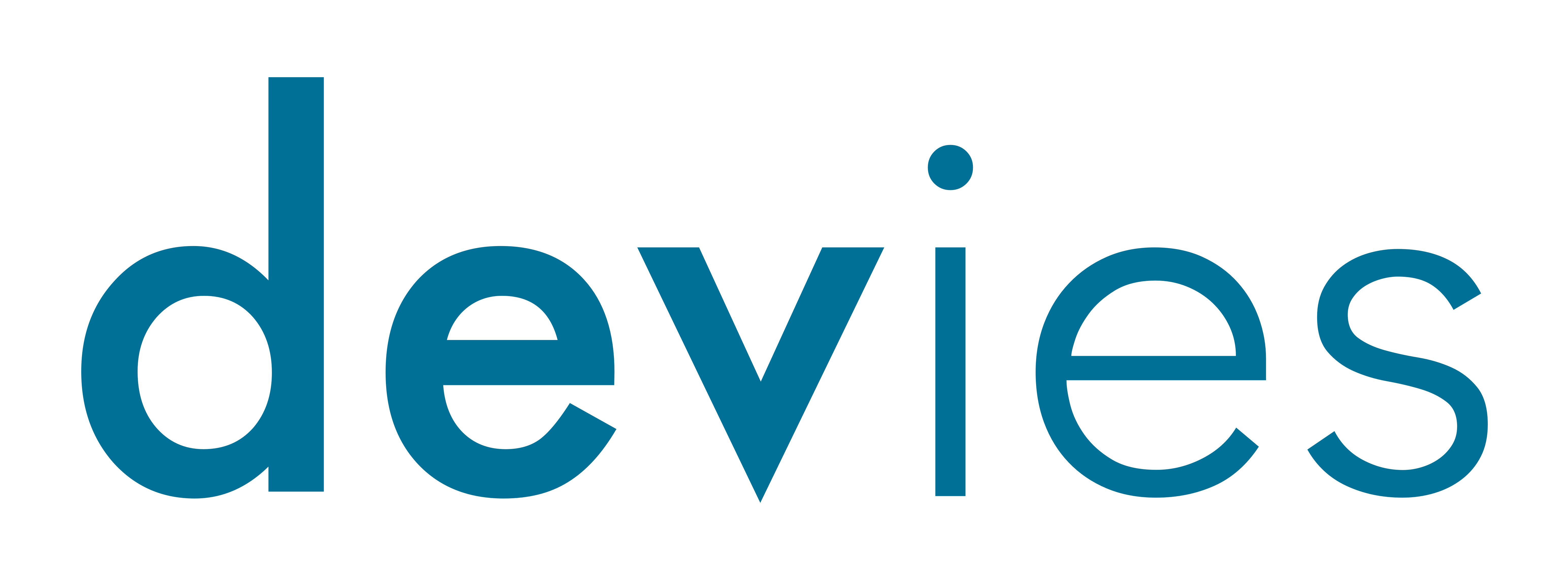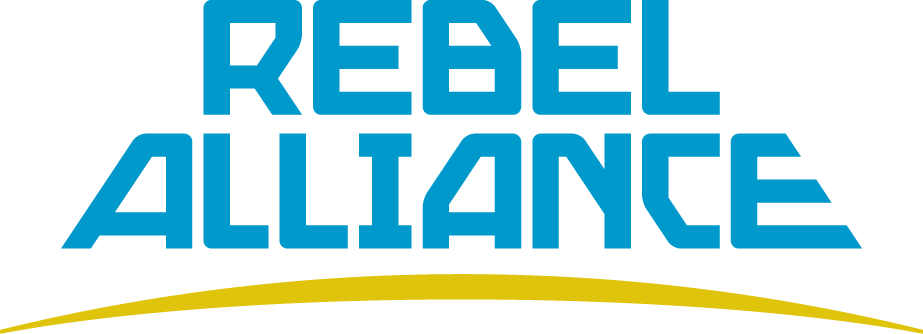Sign up!
Because we are a small, non-profit, organization we must enforce a strict no cancellation policy. No return on tickets to the event. Program subject to change at any time.
18
Because we are a small, non-profit, organization we must enforce a strict no cancellation policy. No return on tickets to the event. Program subject to change at any time.
This will of course most easily relate to the digital industry, but we hope to broaden the focus to other areas. We want our speakers and attendees to share tools across our fields, both for improving your own flow but also for understanding other area of expertise in the product process.
We want to invite not only developers but, project managers, marketing professionals, sales people, and many others. Anyone with passion about their products!
Change isn't simple. This talk is my story about the tools that I was part of providing for 6 teams and how we enabled them to build the foundations for safe continuous learning themselves.
Most people in agile and lean are involved in change somehow. Whether it is a big transition or an evolvement of an exiting organisation, it is still a matter of change.
We explain the change, sometimes we even explain the vision and the why behind the change. And then it is supposed to happen.
But change is not simple.
If the goal is to get teams to perform and to work better together, we need to provide the teams with the tools to do so. We have people who are educated in engineering, programming, computer science, etc. – how are they supposed to have the tools to build good relations and to collaborate if we do not provide them?
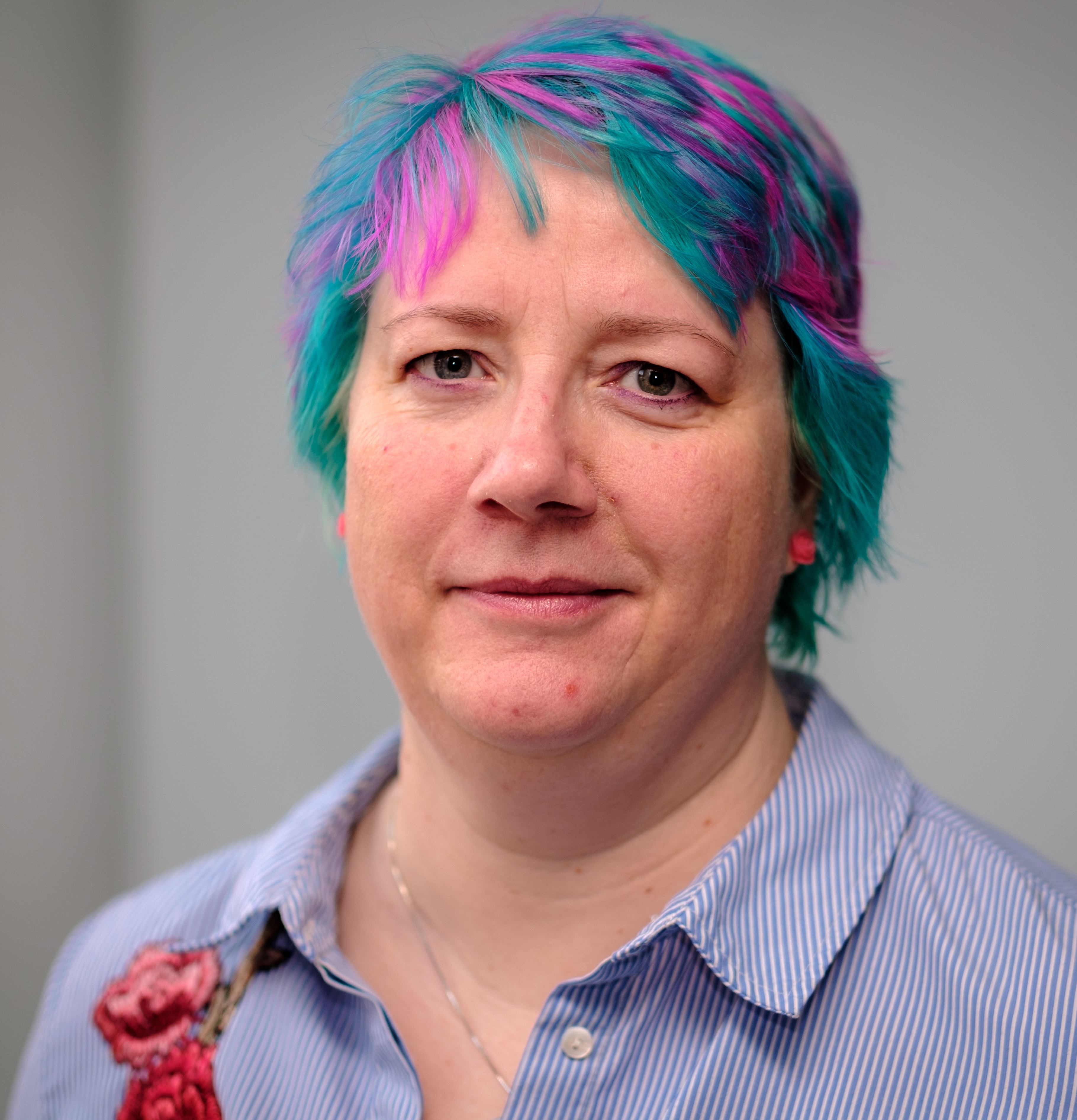
Gitte Klitgaard is an agile coach, hugger, friend, and much more. She lives and love agile. She took the oath of non-allegiance. Why fight over methods when we can use the energy to help people?
Gitte wants to change the world by helping people make the right product, doing it right and very important: have fun doing it.
Her preferred tools are listening, intuition, and caring. And for the teams: the retrospective. Inspecting and adapting is essential.
She has a great interest in how people function, how the brain works, what motivates us, how we can feel better about our selves, how to be perfect in all our imperfections.
She is a geek and passionate about a lot :)
Once upon a time there was IT, and IT departments had projects. Projects were always a bad fit for software development but somehow we made them work. As IT became Agile the damage caused by the project model became obvious and #NoProjects emerged to help teams go beyond projects.
Today growth businesses are digital. Technology is the business and the business is technology. Projects end but do you want your business to end? Or do you want it to grow? Growing a digital business means growing software technology.
In this presentation Allan Kelly will look at how #NoProjects came about, how it evolved into Continuous Digital and why it is the future of management.
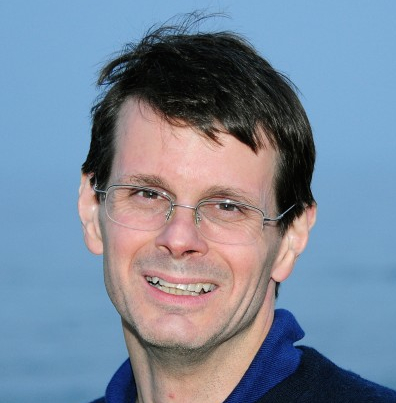
Allan Kelly inspires, educates and advises teams and executives creating digital products. He helps companies large and small enhance their agility and boost their digital offering.
He has over 20 years software engineering experience and has spent the last 10 years advising companies and teams on agile and digital strategy.
He is the originator of Value Poker, Time-Value Profiles and Retrospective Dialogue Sheets. Allan is the author of the perennial essay: "Dear Customer, the truth about IT" and books including: "Xanpan - team centric Agile Software Development" and "Business Patterns for Software Developers", his latest book is "Continuous Digital: An agile alternative to projects for digital business".
His blog is here and on twitter he is @allankellynet.
Measurement, and Governance for Agile Leaders
To achieve true business agility, leaders must not only grow and support self-reliant, cross-functional, self-organizing teams, they must also change the way their organizations fund and oversee their agile initiatives. They must believe in feedback and allow that feedback to work. However, old measures like “on time” and “within budget” are not useful when markets and customers are constantly changing, potentially resulting in delivering great solutions to problems that no longer exist.
This session introduced a framework called Evidence-Based Management that helps organization to define measures that are meaningful to them, in four dimensions: Unrealized Value, Current Value, Time to Market, and Ability to Innovate. The framework helps agile leaders gauge the health of teams and the products they deliver, providing an alternative to schedule and budget-based governance models that fall short of meeting the needs of agile organizations.

Patricia Kong is co-author of "The Nexus Framework for Scaling Scrum" published by Pearson.
She is also a public speaker and mentor. Patricia is the Product Owner of the Scrum.org enterprise solutions program which includes the Nexus Framework, Evidence-Based Management, Scrum Studio and Scrum Development Kit.
She also created and launched the Scrum.org Partners in Principle Program.
Patricia is a people advocate and fascinated by organizational behavior and misbehaviors. She emerged through the financial services industry and has led product development, product management and marketing for several early stage companies in the US and Europe. At Forrester Research, Patricia worked with their largest clients focusing on business development and delivery engagements.
Patricia lived in France and now lives in her hometown of Boston. Patricia is fluent in 4 languages.
Velocity. Sprints. More points, more speed.
An obsession with speed often overtakes the core values of agile software development. It's not just development of software; it's development of working software. Sprints are not about sprinting; they're about sustainable pace. Time to market is less important than time in market. Full-stack development is normally a statement about technology, but it also applies to individuals and interactions. The full stack touches both the code and the world outside the code, and with that view comes responsibility and pause for thought. Doing the wrong thing smarter is not smart. The point of a team is its group intelligence not its numbers. Is scaling up the challenge, or is scaling down the real challenge?
The distraction and misuse of speed, velocity, point-based systems, time, team size, scale, etc. is not the accelerant of agile development. Agilty lies in experimentation, responsiveness and team intelligence.
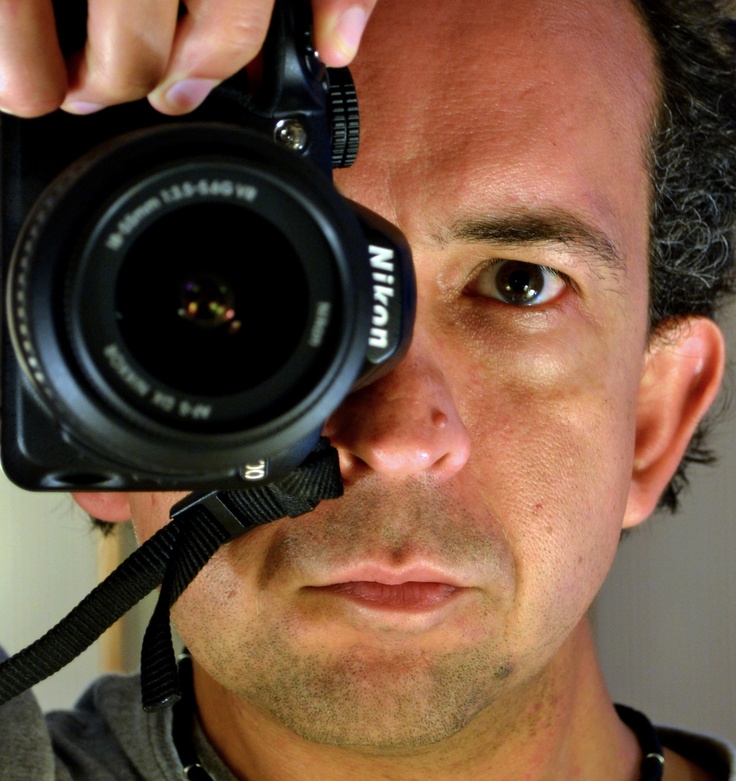
Kevlin Henney is an independent consultant, speaker, writer and trainer.
His development interests are in patterns, programming, practice and process.
He has written open- and closed-source code, has been a columnist for a number of magazines and sites and has been on far too many committees (it has been said that "a committee is a cul-de-sac down which ideas are lured and then quietly strangled").
He is the co-author of A Pattern Language for Distributed Computing and On Patterns and Pattern Languages, two volumes in the Pattern-Oriented Software Architecture series, and is the editor of 97 Things Every Programmer Should Know and the forthcoming 97 Things Every Java Programmer Should Know.
He lives in Bristol and online.
In addition to our usual conference we offer optional add-ons of intimate and interactive workshops with our keynote speakers.
Psychological safety is an area that has been getting a lot of attention lately, and rightfully so. It is a big part of Modern Agile, and it has been proven to be the most important factor as to what is required to create a high performing team.
Safety is a prerequisite to build learning organizations where people, teams, and organization will grow and learn.
It can be a bit fluffy what psychological safety actually means, so we will start the workshop by looking at definitions and discussing what that actually means to us.
The workshop will continue by building awareness around the area and the importance of it. We will then proceed to working with tools for identifying unsafe environments, dealing with them and how to build a safe environment.


Evidence-based, or empirical, measurement and governance models help organizations to better understand, help, and guide their agile initiatives.
Agile approaches help organizations more effectively deliver value under conditions of uncertainty, and evidence-based management helps organizations understand how to better help teams to deliver value by giving them better insights into their achievements and challenges.
Who Should Attend
What They Will Learn

We often talk about good code — that we would like to write it, that there isn’t enough of it, that it should not be considered an optional attribute of a codebase. We often talk about it but, when it comes to being precise, we don’t always agree what constitutes good code, nor do we necessarily share a common view on its value.
This half-day workshop is aimed at anyone who cuts (or is cut by) code and who cares about the code. We aim to explore what properties we want from a codebase and, therefore, what we can deduce to be good. These conclusions can sometimes be surprising and counter-intuitive! This session will explore some common guidelines on what is considered good, from expression to subsystem, from naming to tests, from fluent to SOLID. We will look at the consequences of good and not-so-good code from point of view of economics, day-to-day work, people and runtime performance and reliability.
You will walk away with a deeper appreciation of the breadth and diversity of answers to “What makes code good?” You may find explicit and concrete points for discussion that you can apply in your own code, questions that you can raise with your team and perhaps some new approaches to what and how to question any practice or any definition of ‘good’.

Workshop with one of our speakers. Special tickets are required (see above).
| 08:30 | Workshop Registration |
| 09:00 | Workshop with Gitte and Morgan |
| 10:00 | |
| 10:30 | |
| 11:00 | |
| 11:30 | |
| 12:00 | Lunch |
| 12:30 | |
| 13:00 | Workshop with Gitte and Morgan |
| 13:30 | |
| 14:00 | |
| 14:30 | |
| 15:00 | |
| 15:30 | |
| 16:00 | Finished |
Workshop. Special tickets are required (see above).
| 08:30 | Workshop registration |
| 08:15 | |
| 09:00 | Workshops: Patricia and Kevlin |
| 09:15 | |
| 09:30 | |
| 09:45 | |
| 10:00 | |
| 10:15 | |
| 10:30 | |
| 10:45 | |
| 11:00 | |
| 11:15 | |
| 11:30 | |
| 11:45 | |
| 12:00 | Lunch |
| 12:15 | |
| 12:30 | |
| 12:45 |
Traditional talks by people in the agile community.
| 12:30 | Conference Registration |
| 13:15 | |
| 13:15 | Welcome |
| 13:30 | Gitte Klitgaard |
| 13:45 | |
| 14:00 | |
| 14:15 | |
| 14:30 | Break |
| 14:45 | Allan Kelly |
| 15:00 | |
| 15:15 | |
| 15:30 | Break with fika |
| 15:45 | |
| 16:00 | Sponsors |
| 16:15 | Patricia Kong |
| 16:30 | |
| 16:45 | |
| 17:00 | Kevlin Henney |
| 17:15 | |
| 17:30 | |
| 17:45 | |
| 18:00 | Closing |
Dinner and networking.
| 18:15 | Evening event |
| 18:45 | |
| 19:00 | |
| 19:15 | |
| 19:30 | |
| 19:45 | |
| 20:00 | |
| 20:15 | |
| 20:30 | |
| 20:45 | |
| 21:00 | |
| 21:15 | |
| 21:30 | |
| 21:45 | |
| 22:00 | |
| 22:15 | |
| 22:30 | |
| 22:45 | |
| 23:00 | |
| 23:15 | |
| 23:30 | |
| 23:45 | |
| 24:00 | Venue closes |
Anyone can propose a workshop, and the participants will chose which ones we run.
| 11:00 | Brunch |
| 11:15 | |
| 11:30 | |
| 11:45 | |
| 12:00 | Discussion groups (Open Space) |
| 12:15 | |
| 12:30 | |
| 12:45 | |
| 13:00 | |
| 13:15 | |
| 13:30 | |
| 13:45 | |
| 14:00 | |
| 14:15 | |
| 14:30 | |
| 14:45 | |
| 15:00 | |
| 15:15 | |
| 15:30 | |
| 15:45 | |
| 16:00 | Le fin |
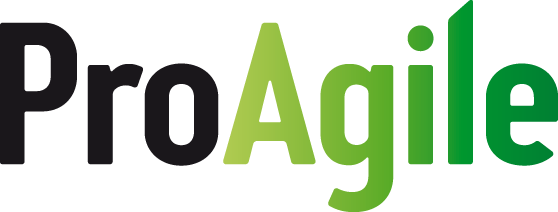

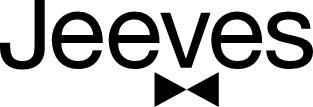
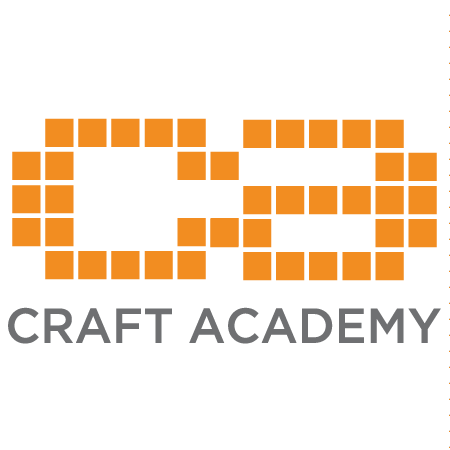
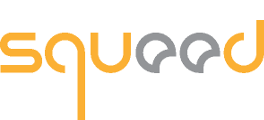
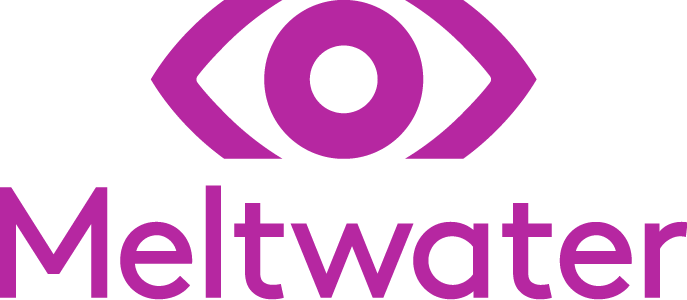


If you are interested in being a sponsor, mail: brewingagile@scrumbeers.com
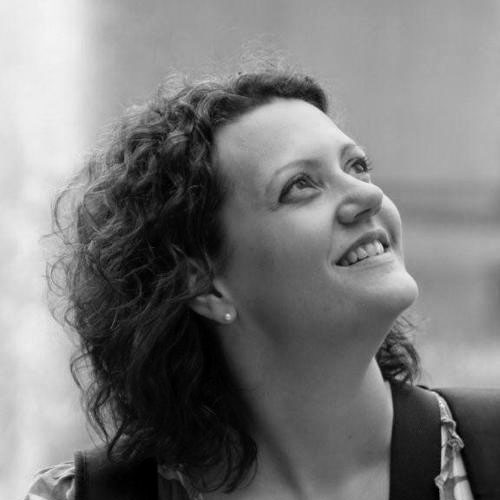 Emily Bache
Emily Bache
 Rona Bredahl
Rona Bredahl
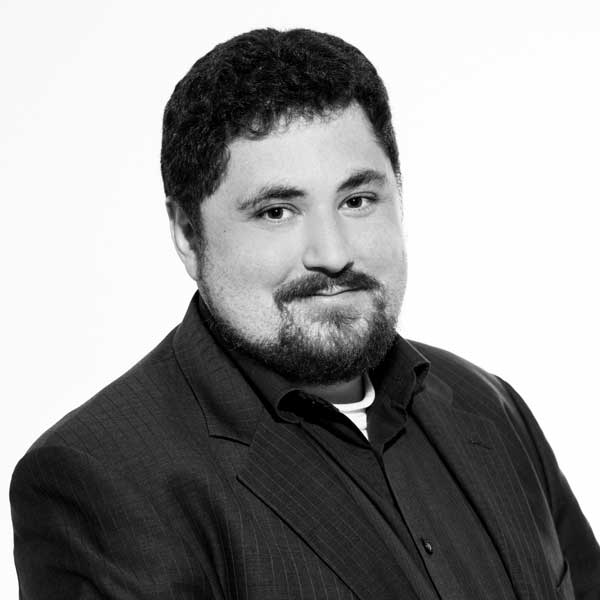 Jeff Campbell
Jeff Campbell
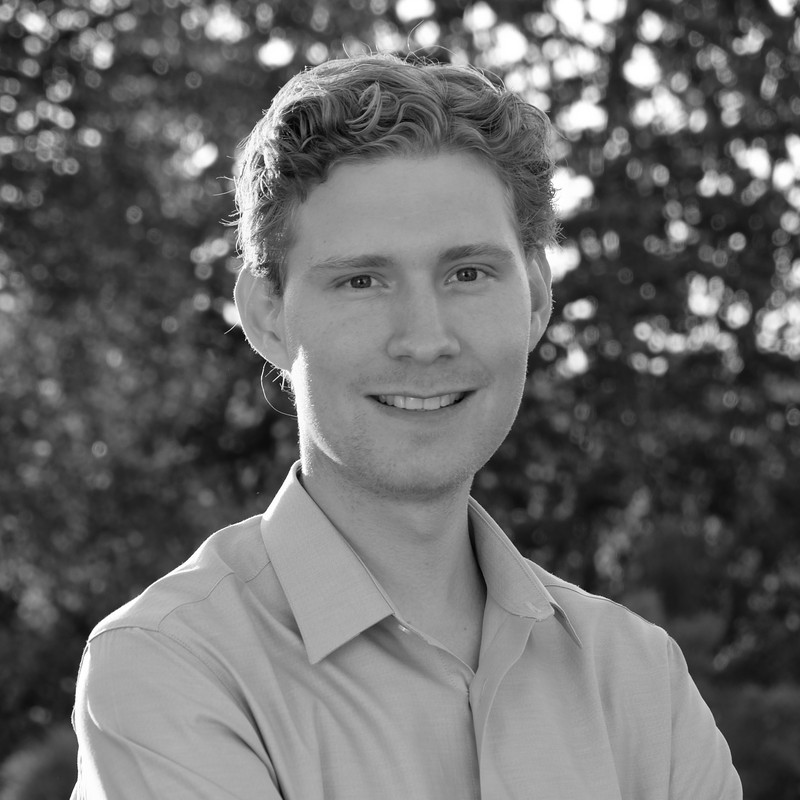 Rickard Lantz
Rickard Lantz
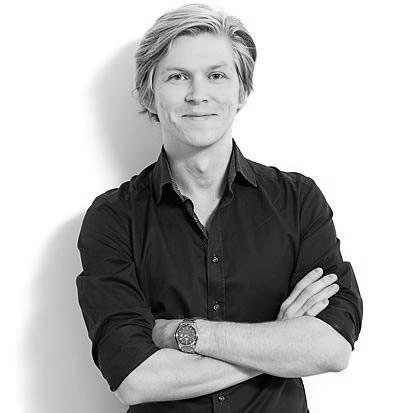 Henrik Sjöstrand
Henrik Sjöstrand
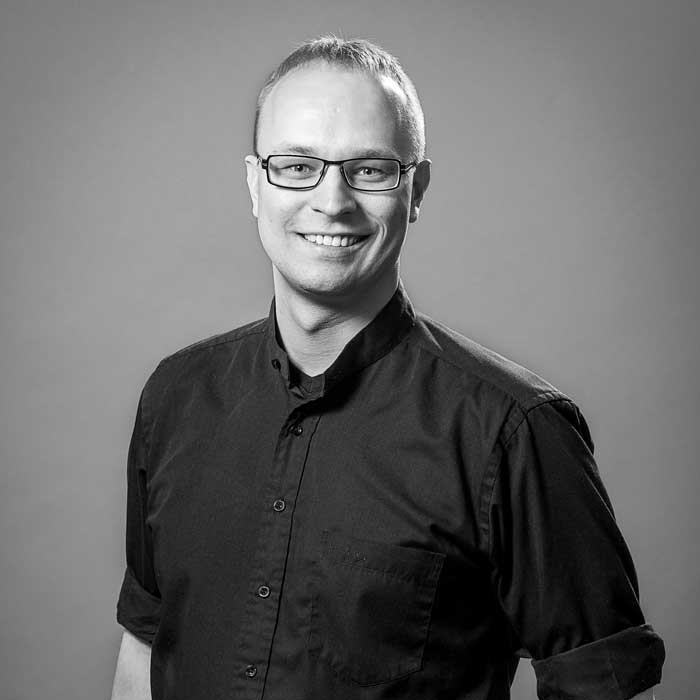 Fredrik Wendt
Fredrik Wendt
